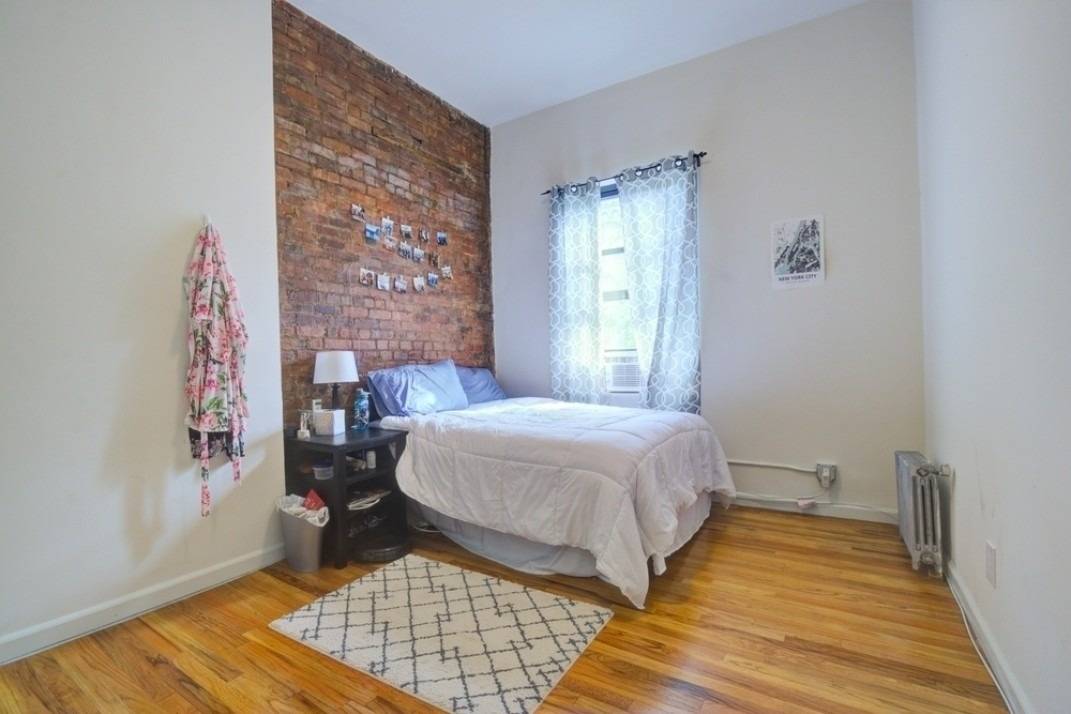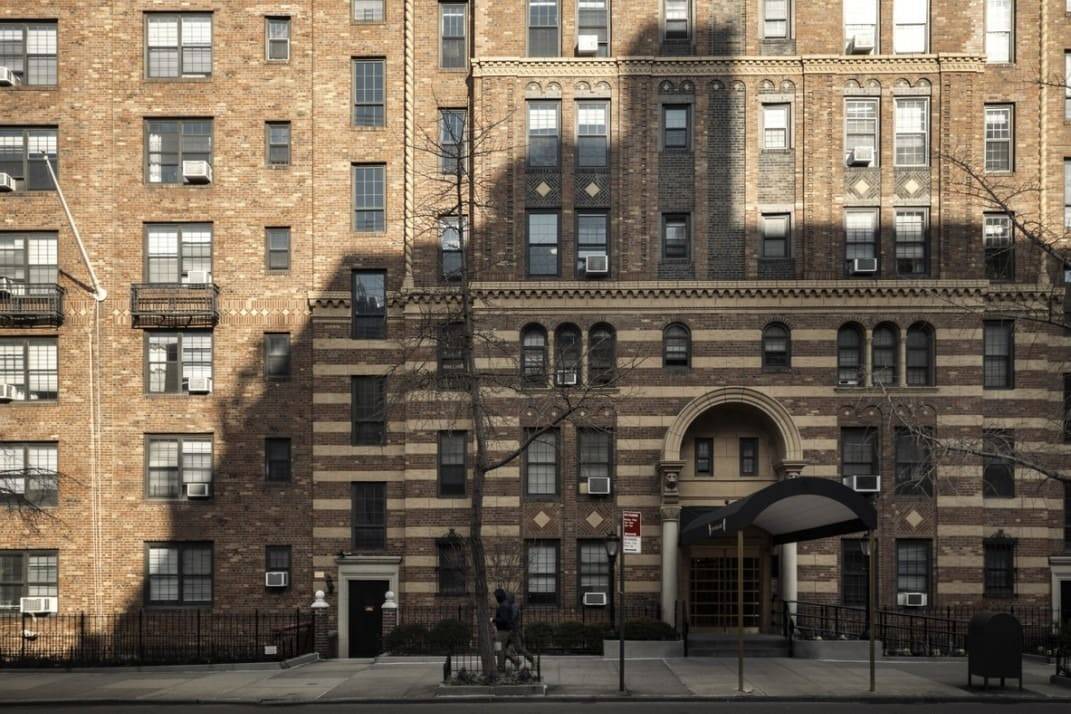In addition to the grievances presented by the real estate community following the passage of the new rent regulations, we have recently realized another problem as well: a lack of clarity regarding prepaid rent. Traditionally, international tenants without a U.S. credit history would put down either a heftier security deposit or prepay rent in order to secure an apartment. However, after the rent regulations were passed, some people say that while a security deposit in excess of one month’s rent is no longer allowed, these tenants can still put down prepaid rent. There is actually quite a bit of confusion regarding what the law says on this matter.
In another scenario, a colleague recently attempted to close a deal with an organization that assists veterans in finding apartments and will often prepay an entire year of rent on their behalf. Keep in mind that this is an organization which is affiliated with the city; however, they still received a letter stipulating that the broker with whom they were working could lose his license for accepting a larger security deposit on behalf of the property owner. Unfortunately, despite the fact that this organization is performing vitally important work for those who have served our country, this broker was no longer able to assist the veterans.
The consequences for a property owner who takes prepaid rent in this post-rent regulation also remain to be seen. They may receive a letter from the Attorney General stipulating they return it. But we don’t actually know because it’s not codified. My guess is that, soon enough, a property owner will request prepaid rent and then the potential tenant will file a complaint to the Governor’s office, likely followed by a lawsuit.
My residential brokerage receives requests from potential tenants without U.S. credit histories, many of whom are from other countries, and we must turn them away because we’re not allowed to take a larger security deposit or prepaid rent. These tenants then argue with us because nobody seems to understand that prepaid rent was outlawed. It is likely because a security deposit is less favorable to tenants than prepaid rent because that money won’t benefit them in the future. Tenants would prefer to prepay rent and sometimes become upset when an owner can’t accept such payments.
A potential workaround is a situation in which a property owner takes one year’s prepaid rent and places it into an escrow or a bank account that acts as a third party and pays the owner monthly. Due to the opaqueness of the law, we aren’t sure if this is possible, but it’s certainly something the real estate community is pondering.
I believe that the passage of the rent regulations was a symbolic gesture by politicians to demonstrate that they care about affordable housing. It seems to stem from a sincere belief that deems all property owners as “bad” and all tenants as “good.”
In terms of the consequences for violating the laws, there is a vast difference between forcing owners to return prepaid rent that they may have taken and forcing them to return it and pay interest and civil penalties. We also don’t know if accepting prepaid rent would be considered a misdemeanor or a felony under the new laws.
The point of legally penalizing those who have broken laws is to force them to stop a behavior. If the politicians who put forth these new laws had been using them as anything more than a symbolic gesture, they would have clearly spelled out the penalties. Vague legislation such as this will surely lead to litigation. Unfortunately, as more laws like these are passed across the country, the animosity between tenants and property owners is even further reinforced.
Adam Frisch
Mantus Real Estate
1211 6th Ave 29th Floor NY, NY 10036
[email protected]













